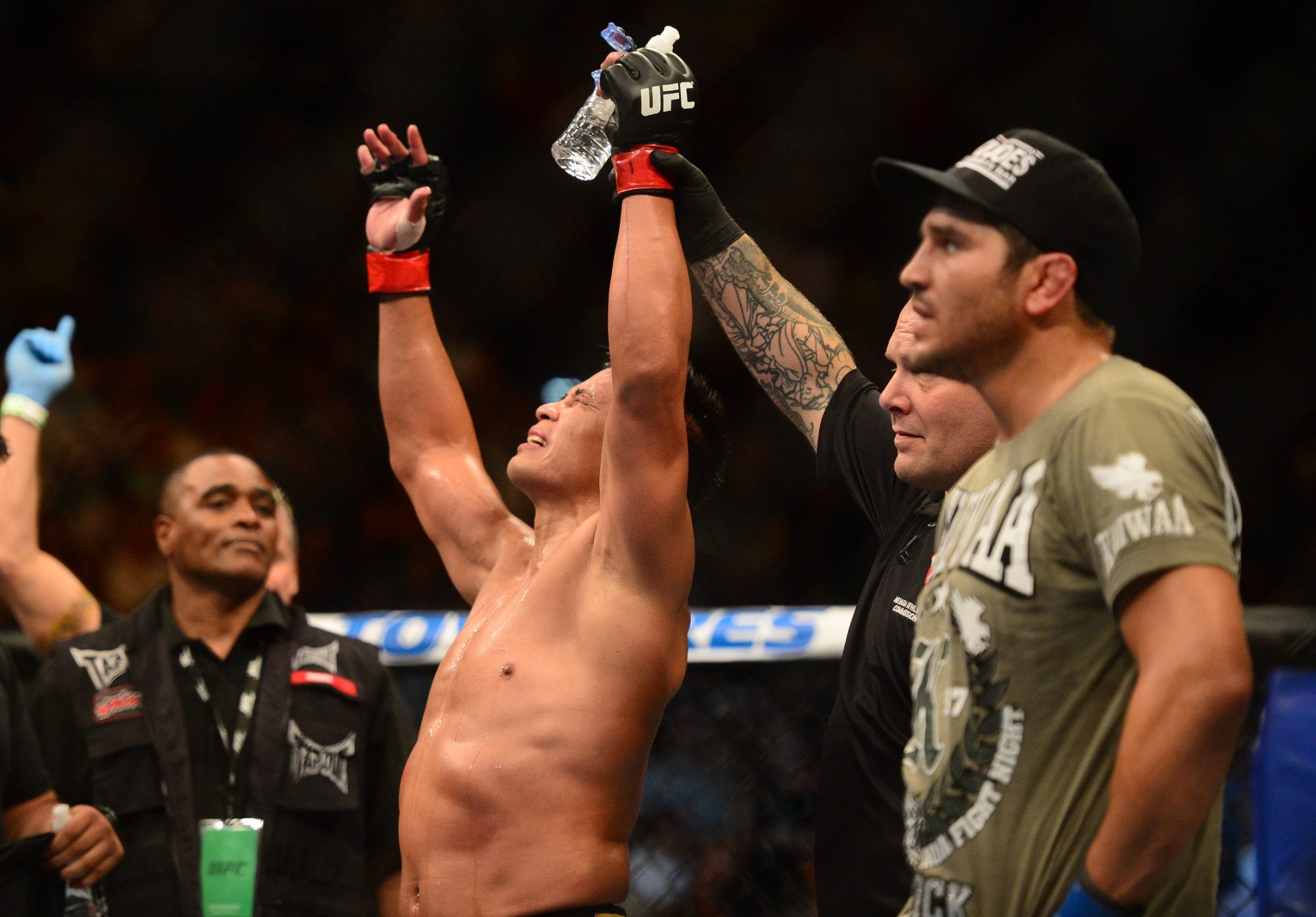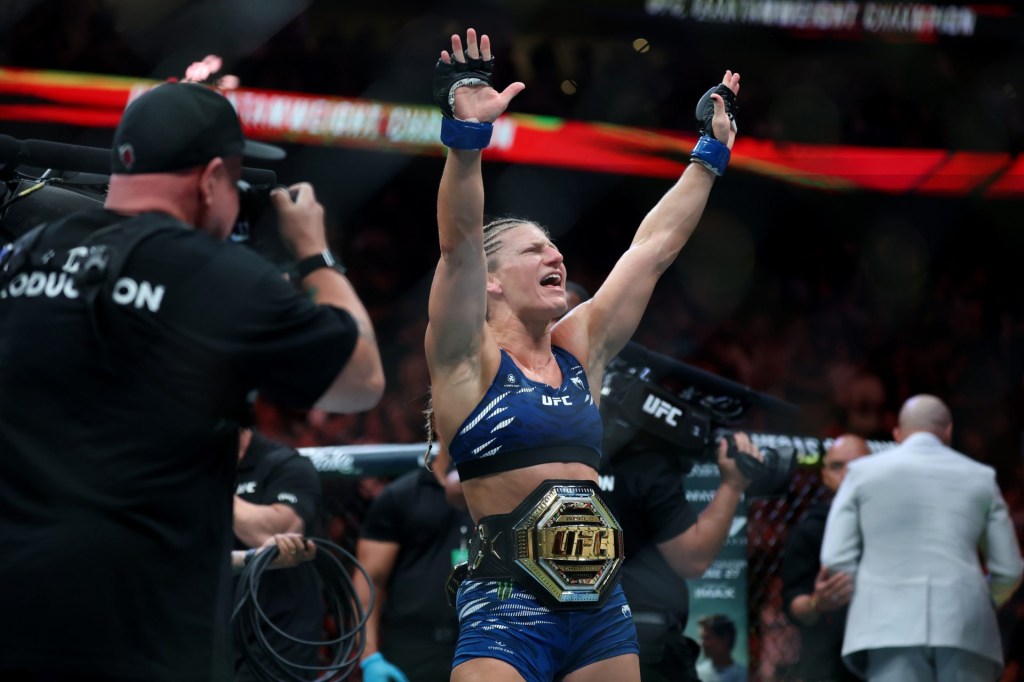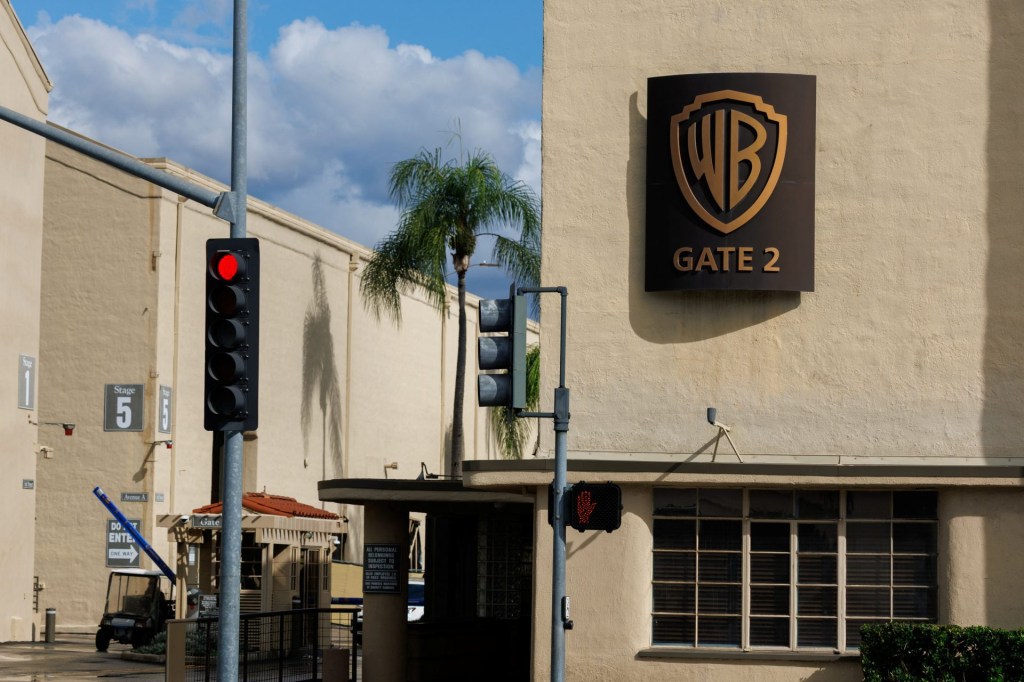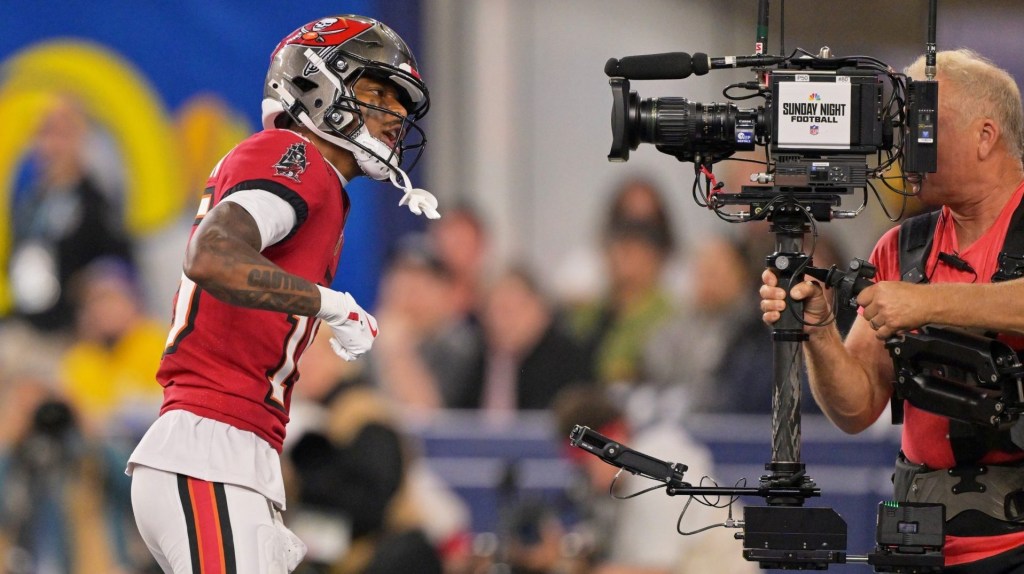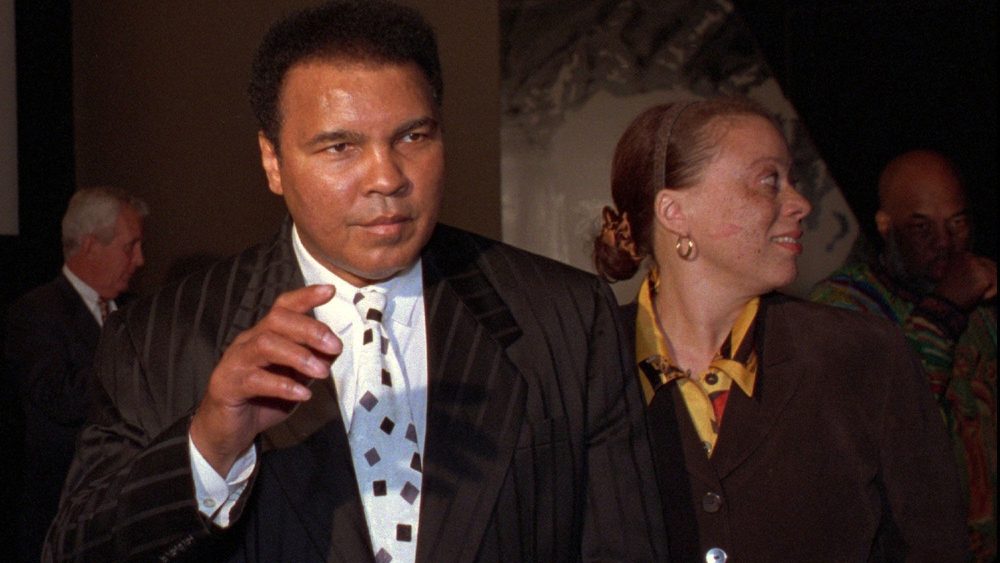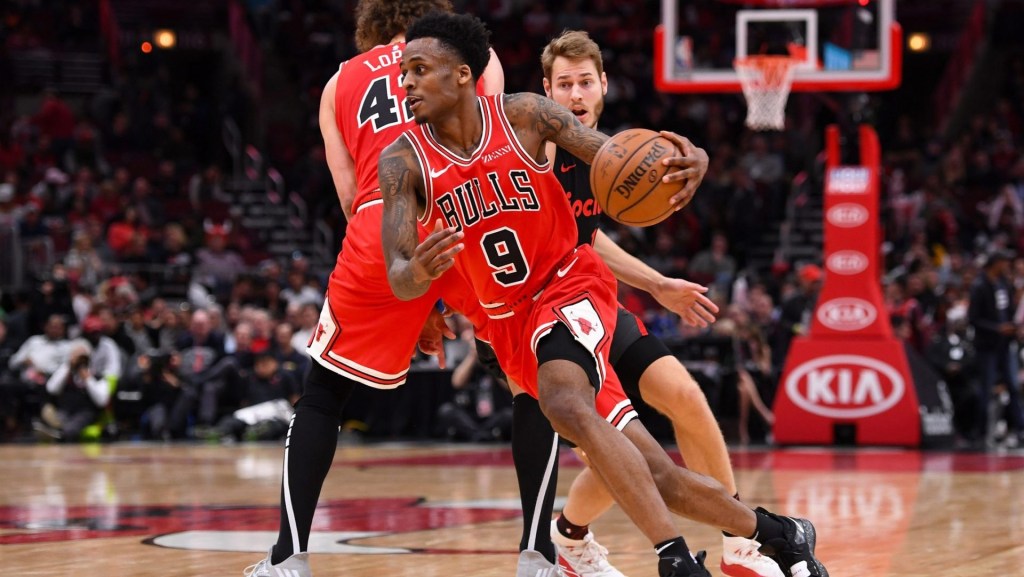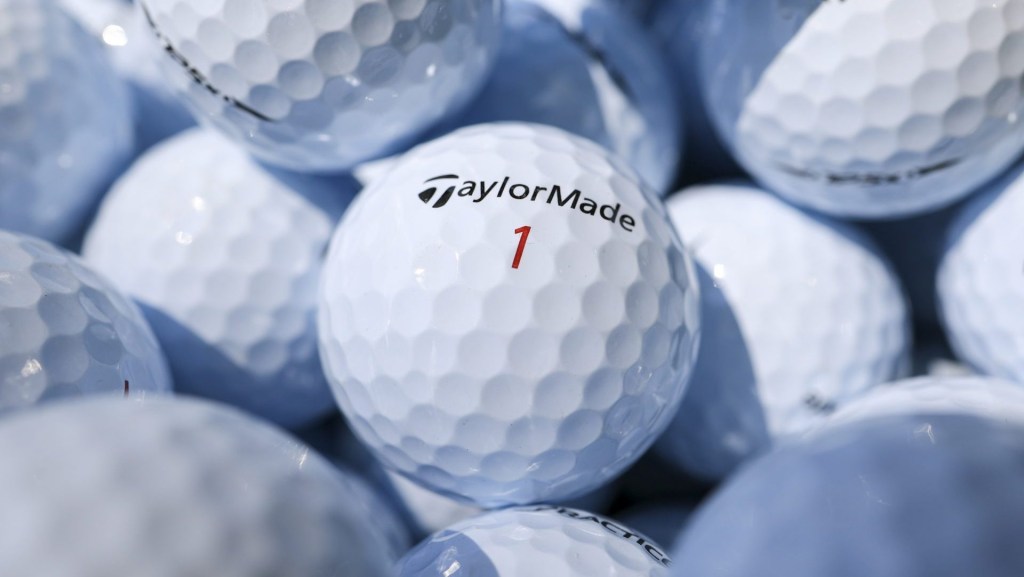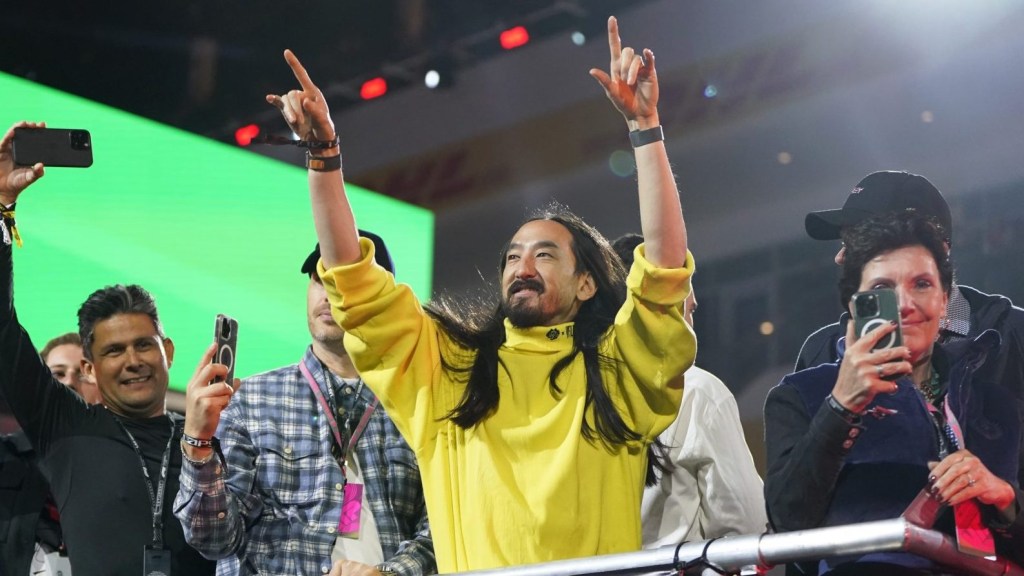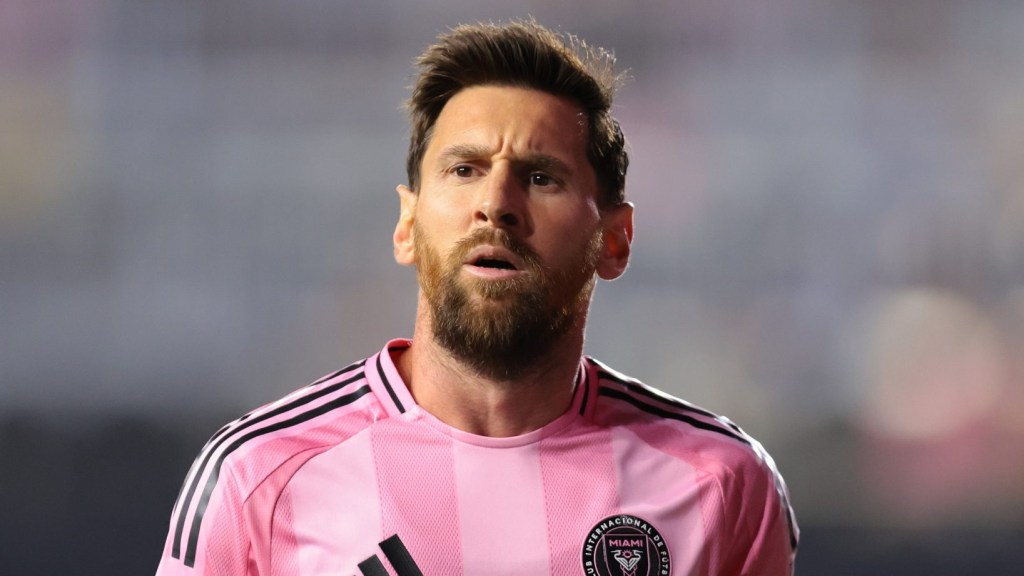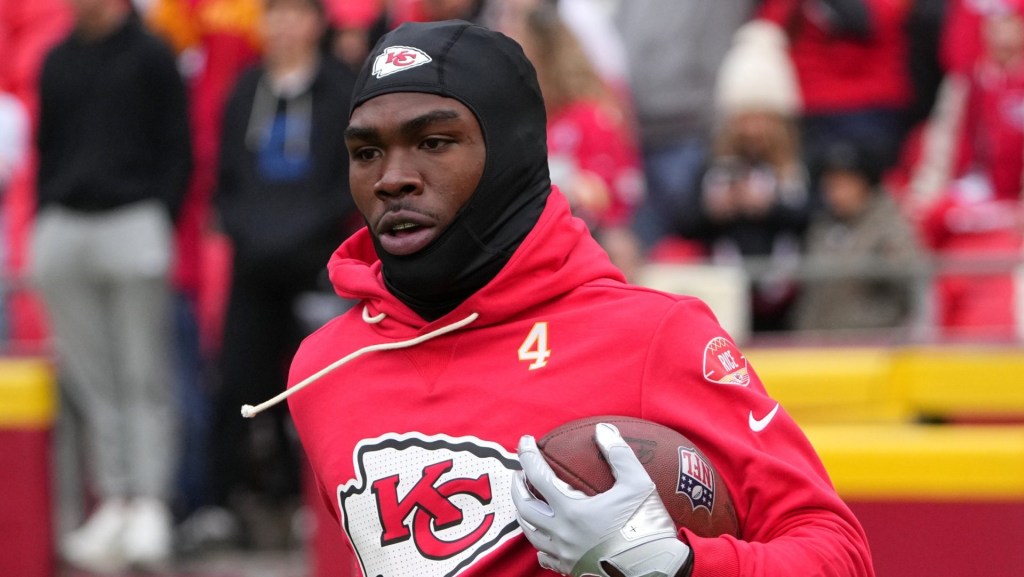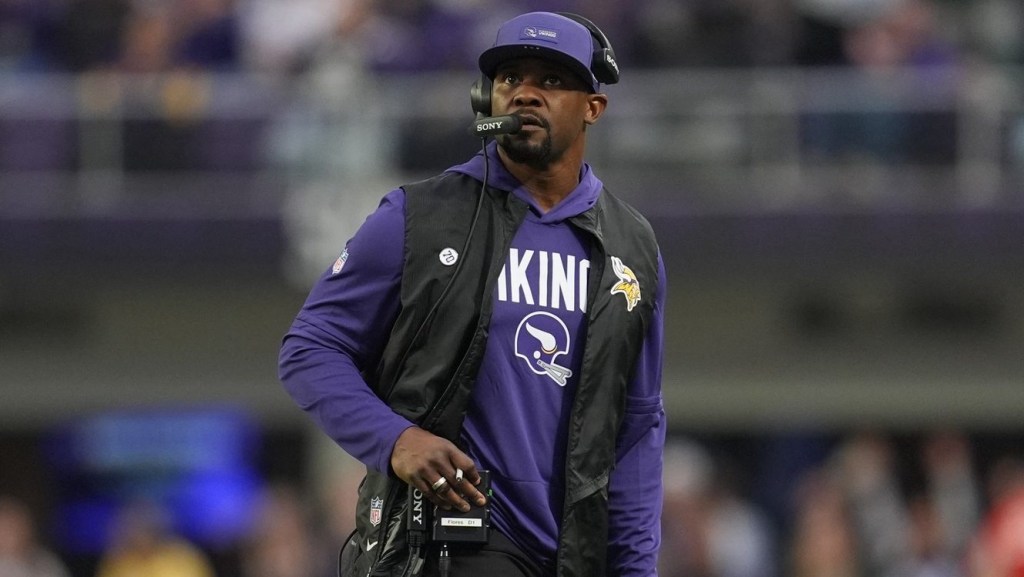A UFC fighter-pay antitrust case that stretches back nearly a decade took another detour Tuesday when U.S. District Court Judge Richard Boulware denied a preliminary $335 million settlement agreement.
The precise reasons behind Boulware’s rejection of the settlement was not laid out in the notice posted on the court docket, although he expressed concerns over the payout amounts to fighters at a July hearing. Boulware is expected to file an order that will detail his issues with the settlement ahead of an Aug. 19 hearing in a Las Vegas federal courtroom.
“It is extremely rare to not grant a preliminary settlement approval when both sides came to an agreement after years of litigation with the assistance of an experienced mediator,” said Jeffrey Kessler, who was one of the lead lawyers for the plaintiffs in the House v. NCAA settlement and has followed the UFC fighter pay litigation. “It’s very unusual.”
Now, there’s a new trial date (Oct. 28), although the two sides will continue talks toward a new settlement—at least once Boulware identifies the defects in the one brokered in March.
The UFC litigation consists of two class-action lawsuits, both arguing that the UFC used monopolistic practices as the dominant pro mixed martial arts league to suppress fighter wages. Former UFC competitor Jon Fitch said if fighters didn’t act like “a good company boy” and complained about compensation, there would be consequences.
“They would punish you,” Fitch, one of the plaintiffs, said in a deposition. “They would give you the feeling that if you questioned them or didn’t just say ‘yes,’ that you would get put on the bench and not get to fight. You would get cut after one loss.”
- The lawsuit filed in 2014, with former UFC fighter Cung Le (above, center) as one of the lead plaintiffs, includes about 1,200 athletes who competed in the UFC from December 2010 through June 2017. Under the settlement, those in the class will get at least $8,000 with a median payout of about $73,000. Nearly 500 members of this class would have received $100,000 or more.
- Kajan Johnson, another retired UFC competitor, is among the lead plaintiffs in the other class-action case originally filed in 2021 and covers fighters from July 2017 onward. The settlement included cash payouts and commitment to maintain provisions that had relaxed certain contract terms that limit class members from competing for other organizations.
Had Boulware approved the preliminary settlement, there would have been an opt-out period that typically runs 45 days in federal antitrust cases.
Perils of a Trial
Only the Le case is scheduled for trial, but that’s the most perilous of the two for the UFC.
Endeavor purchased the UFC in 2018 and merged the UFC with WWE to create TKO Group Holdings. Unless there’s a settlement in the coming months, Endeavor faces the prospect of a jury verdict that could exceed $1 billion in damages.
The plaintiffs—along with their lawyers, who get a sizable cut via legal fees—could, conversely, be left with nothing if a jury sides with the UFC at trial.
